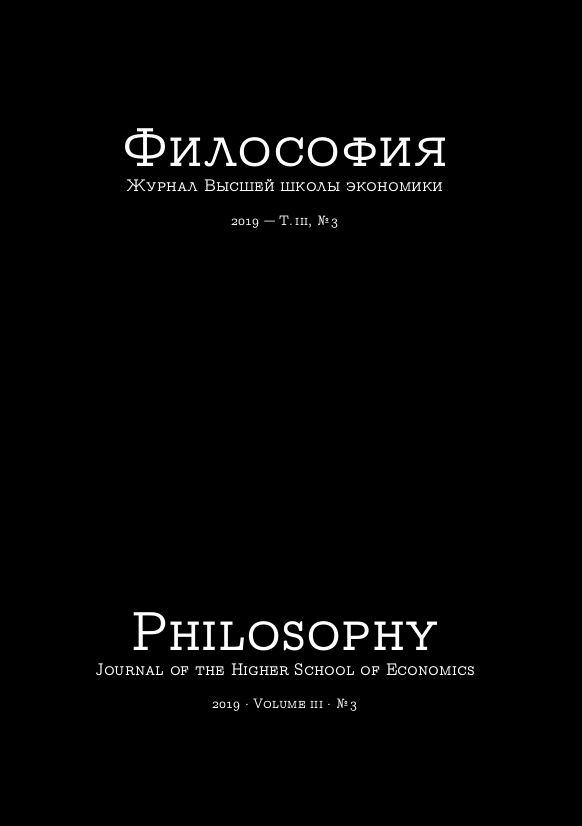Why Evidentialists Must Believe in Promises
Abstract
I argue that evidentialist ethics of belief requires believing in every promise, because any promise always has sufficient evidence. In order to combine evidentialism with ethics of belief, I distinguish two belief-like propositional attitudes. The first is categorical belief, which I call “opinion”, the second is quantitative belief, which I call “credence”. I accept doxastic voluntarism about opinions, and doxastic involuntarism about credences. Opinion has two values — affirmative and negative — and the subject has control over which one to choose. Credence can have any value between 0 and`1; it is formed solely on the basis of the available evidence, and the subject has no control over it. The requirement of evidentialist ethics of belief is that one should have opinion that p when his credence that $p$ is between 0.5 and 1, and opinion that $\neg p$ when the credence is below 0.5. My main argument has two premises. The first premise is that if one accepts a promise, then his credence that “the promise will be fulfilled” is higher than 0.5. The second premise claims that nothing can decrease that credence. The main explanation for the second premise is that any potential evidence against the fulfillment of the promise turns out to be evidence against its validity, not the evidence against the propositional content of the credence. The final conclusion is that if an evidentialist accepts a promise, then he should always have the opinion that “the promise will be fulfilled”, i. e., always believe in the promise.






